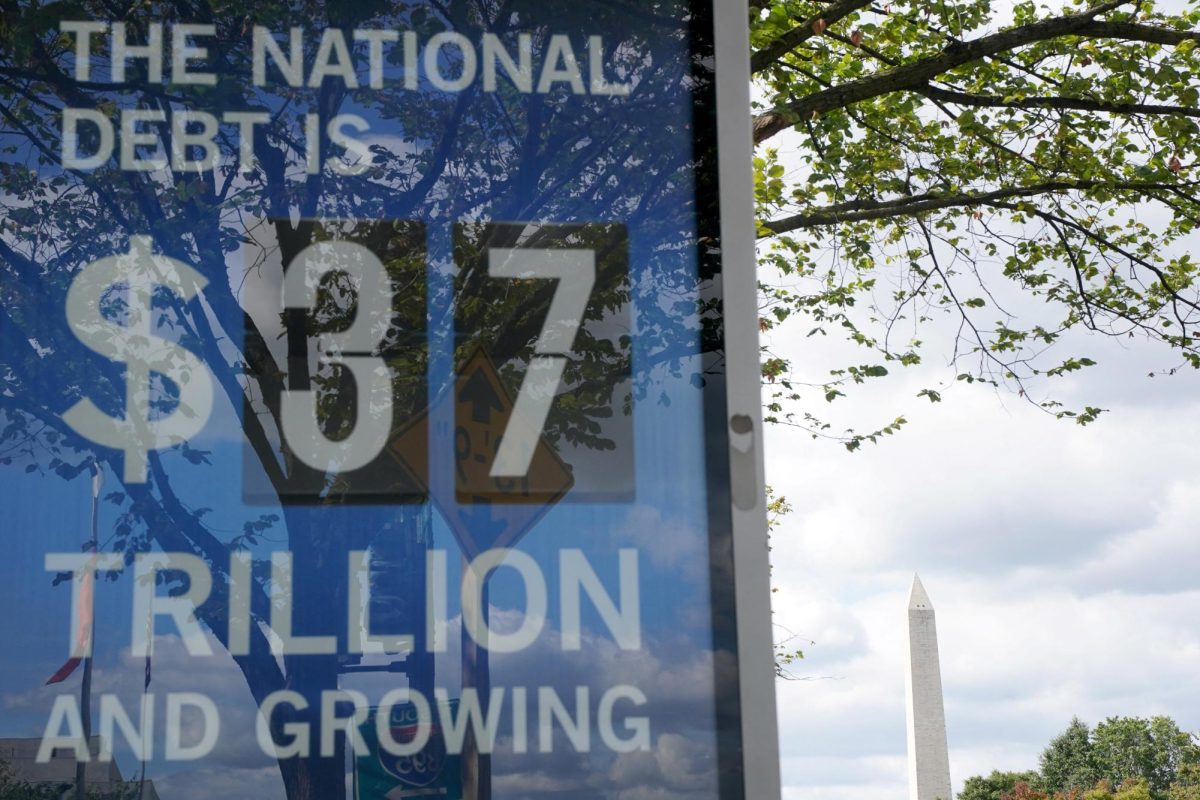Recently, President Donald Trump devised budget cuts to many of the nation’s health and human services departments. Although the proposed cuts would have to be approved by Congress, many scientists are bracing for the worst as significant grant cuts at universities across the United States are being announced. These budget cuts will deeply affect the sciences and the funding grants. It will also greatly impact many of the researchers and students who help advance global research.
The administration is proposing a 53% cut to the National Institute of Health (NIH) and a 47% cut to the National Science Foundation (NSF). These two organizations are the United States’ largest science funders.
Federal funding and grants are crucial to many labs and studies, and according to Warren Cornwall of Science.org: “Since Trump’s inauguration, the two premier federal science funding agencies, the National Science Foundation (NSF) and the National Institutes of Health (NIH), have together canceled more than 2000 grants totaling more than $1.5 billion.”
In their Fiscal Year 2026 Discretionary Budget Request, the Trump administration states their reasoning for the cuts, explaining that the “NIH has broken the trust of the American people with wasteful spending, misleading information, risky research, and the promotion of dangerous ideologies that undermine public health.”
Meanwhile, the Environmental Protection Agency (EPA) and the National Aeronautics and Space Administration (NASA), have also received significant budget cuts, of 55% and 24% respectively.
In regards to the EPA cuts, the Trump team states that “the Budget puts an end to unrestrained research grants, radical environmental justice work, woke climate research, and skewed, overly-precautionary modeling that influences regulations— none of which are authorized by law. Instead, the Budget provides $281 million for statutorily required research in support of core mission areas that help the American people.”
Despite the administration’s claims, many specialists do not agree with the proposed cuts. Many argue that this defunding will not just cut thousands of jobs, scholarships, and research grants, but that it will and has impacted the many universities and labs throughout the country and their respective science programs.
One example is at Columbia University, where according to columbiaspectator.com’s Ruby Topalian, “On March 7, the Trump administration cut $400 million in federal grants and contracts to Columbia, $250 million of which consisted of NIH funding.”
According to Mary Ellen Flannery of nea.org, “Today’s research is in danger. Tomorrow’s research is also in danger. Already, major U.S. universities have announced they’re not taking on new graduate students; they can’t commit to supporting them. Many NEA Higher Ed members who are graduate assistants will lose their current jobs—and future degrees—when federal funding to their labs ends…” These budget cuts will not just affect the project researchers work on, but also future and current students in the science field.
According to Mrs. DasGupta, a science teacher at CCHS,“Less funding means fewer scholarships which means in the government a lot of these researchers are funded and dependent on government organizations or agencies like NIH. So instead of making science education more inclusive, we’ll end up looking at science education which excludes a lot of people, like women and low-income groups…and retention will suffer [as well]…I mean, it’s just a very bleak, dark future we’re looking at if we start defunding these programs.”
PHD physicist and representative Bill Foster of Illinois agrees, explaining, “[These budget cuts are] going to cause damage that will take generations to fix. It takes decades to build up a scientific research organization or a business or any other effective organization, but it can be destroyed in three months of having no funding…And so even if we get a court decision that says this is illegal, you have no legal basis for doing this, in many cases, the damage has been done.” The administration hasn’t responded to many concerns, but in the meantime, protests and lawsuits have began all over the country.
The ripple effects of these budget cuts by the administration can and will likely lead to a significant decline in scientific research in the United States. Science funding significantly boosts the United States GDP, and it is essential to our country and the health of the people who live in it.
According to Mary Ellen Flannery of nea.org, “American scientists have always given us a better chance at a long and healthy life. They’ve given us hope. What this administration is doing is extinguishing hope.”






















































